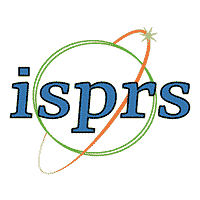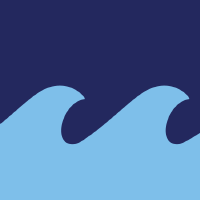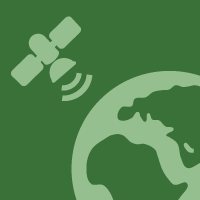Topic Editors



Dynamic Monitoring and Estimation of Coastal Wetland Blue Carbon Ecosystems
Topic Information
Dear Colleagues,
Coastal blue carbon ecosystems (e.g., salt marshes, mangroves, and seagrass beds), covering less than 0.5% of the global ocean area, store 50%–90% of the world's blue carbon. These ecosystems serve as vital natural carbon sinks, playing a crucial role in mitigating global climate change and achieving carbon neutrality goals. However, under the dual pressures of climate change and intensive human activities, global coastal blue carbon ecosystems face continuous degradation, leading to a decline in their ecological functions. Therefore, gaining a comprehensive understanding of the dynamic changes and carbon storage characteristics of coastal blue carbon ecosystems and formulating scientifically sound management strategies and restoration techniques are of great significance for enhancing coastal ecological environment management. Remote sensing technology provides an efficient solution for the long-term and continuous monitoring of dynamic changes in coastal ecosystems. In recent years, significant advancements in remote sensing, GIS technology, and multi-source data accessibility have led to substantial progress and deepened research on coastal blue carbon ecosystems. This Topic focuses on the latest research advancements in the dynamic monitoring of coastal blue carbon ecosystems, changes in coastal wetland land cover and carbon storage, blue carbon cycling processes, and their mechanisms. We sincerely invite you to submit relevant academic achievements. Potential topics include, but are not limited to, the following:
- Remote sensing of coastal wetlands;
- Fine classification of wetlands;
- Remote sensing for wetland restoration;
- Carbon cycling processes and mechanisms of blue carbon ecosystems;
- Applications of remote sensing and GIS technology in monitoring blue carbon ecosystems;
- Coastal wetland ecosystem restoration for enhancing blue carbon productivity;
- Degradation, restoration, and management techniques for blue carbon ecosystems;
- Impacts of climate change and human activities on blue carbon ecosystems;
- Dynamic monitoring and assessment of coastal blue carbon ecosystems.
We look forward to receiving your contributions.
Prof. Dr. Zhaohui Xue
Prof. Dr. Lina Ke
Prof. Dr. Xiyong Hou
Dr. Guangshuai Zhang
Dr. Wenting Wu
Topic Editors
Keywords
- coastal wetlands
- blue carbon
- soil organic carbon
- carbon sequestration capacity
- carbon cycle
- mangroves
Participating Journals
| Journal Name | Impact Factor | CiteScore | Launched Year | First Decision (median) | APC | |
|---|---|---|---|---|---|---|

ISPRS International Journal of Geo-Information
|
2.8 | 6.9 | 2012 | 35.8 Days | CHF 1900 | Submit |

Journal of Marine Science and Engineering
|
2.7 | 4.4 | 2013 | 16.4 Days | CHF 2600 | Submit |

Land
|
3.2 | 4.9 | 2012 | 16.9 Days | CHF 2600 | Submit |

Remote Sensing
|
4.2 | 8.3 | 2009 | 23.9 Days | CHF 2700 | Submit |

Sensors
|
3.4 | 7.3 | 2001 | 18.6 Days | CHF 2600 | Submit |

Sustainability
|
3.3 | 6.8 | 2009 | 19.7 Days | CHF 2400 | Submit |

Water
|
3.0 | 5.8 | 2009 | 17.5 Days | CHF 2600 | Submit |

MDPI Topics is cooperating with Preprints.org and has built a direct connection between MDPI journals and Preprints.org. Authors are encouraged to enjoy the benefits by posting a preprint at Preprints.org prior to publication:
- Immediately share your ideas ahead of publication and establish your research priority;
- Protect your idea from being stolen with this time-stamped preprint article;
- Enhance the exposure and impact of your research;
- Receive feedback from your peers in advance;
- Have it indexed in Web of Science (Preprint Citation Index), Google Scholar, Crossref, SHARE, PrePubMed, Scilit and Europe PMC.

